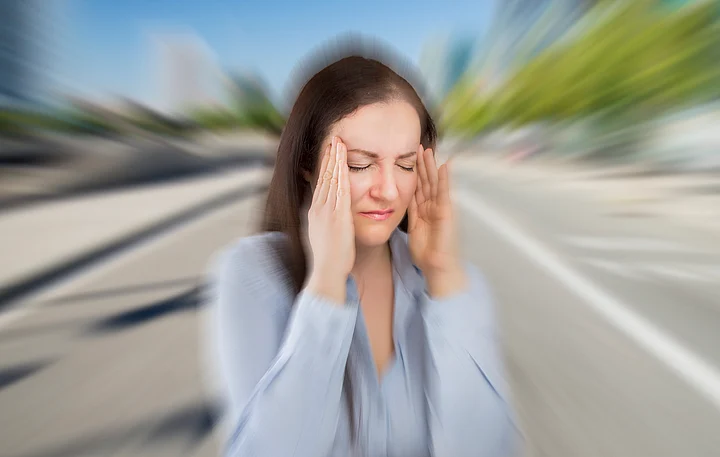Whenever a person feels their head or the room is spinning they often get confused about what to refer to it as, dizziness or vertigo? These two conditions are often used interchangeably for the sole reason that they both have a common characteristic: Loss of control or going off balance.
According to the doctors of Cleveland Clinic, earlier 'vertigo' was used as an umbrella term but now doctors have come to a conclusion that they are completely separate terms and cannot be used instead of one another. That is why it is important to understand the difference between the two.
In this article, we shall throw some light on the differences between vertigo and dizziness and their causes.
Dizziness vs Vertigo: What are They?
According to the doctors of Mayo Clinic, dizziness can be described as a condition when a person finds himself off balance, has difficulty in moving , staggers with a fear that he might fall. It is a condition that makes a person feel weak, woozy, fainted, or unsteady.
According to the doctors of Cleveland Clinic, vertigo gives a false sensation that the surroundings might be spinning or moving. Vertigo can be debilitating since it comes for a brief moment but can have a strong effect or response.
Dizziness vs Vertigo: Causes
According to Healthline, the causes of vertigo and dizziness differ too and it is important to know what triggers the condition so that you can check in with your doctor if you experience recurrent or frequent symptoms of any of the conditions.
One might experience dizziness due to various environmental factors or underlying medical conditions and a few of them include (Mayo Clinic):
Dehydration
Heat exhaustion
Anemia
Hypoglycemia
Anxiety
Motion sickness
Certain medications
Excessive alcoholism
Poisoning due to Carbon monoxide
According to PubMed Central, the causes of vertigo include:
Meniere's disease
Vestibular migraine
Vestibular neuritis
Benign Paroxysmal Positional Vertigo
Labyrinthitis
Cerebellar stroke
Injuries in the head
Abnormalities in the inner ear or nervous system
Multiple sclerosis
Dizziness and Vertigo: Tips for Prevention
There are no evidence that proves that these tips can prevent these conditions but they do reduce the chances of developing or recurring of these conditions (Mayo Clinic):
Dehydration can be a cause of dizziness or lightheadedness you suffered from vomiting, diarrhoea, or excessive physical exertion. So hydrate yourself.
Stress can be a contributing factor as well. Therefore, you can include deep breathing, meditation, and yoga to avoid the conditions.
Healthy and frequent meals can keep you full and prevent vertigo or dizziness.
Lack of sleep may cause stress and physical exertion thus resulting in vertigo or feelings of dizziness.
Get in touch with your doctor to rule out the medical conditions or if any medications might be responsible.

